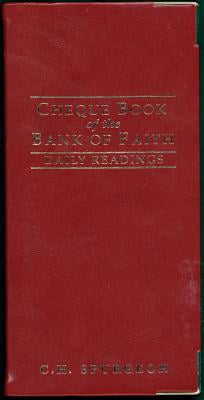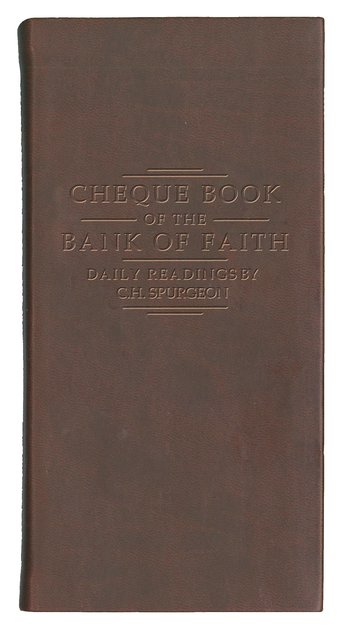
Thus, he becomes the holder in due course and acquires an indisputable title to it. One of the important features of a negotiable instrument is that a person who receives it in good faith, without negligence, for value, before maturity and without knowing the defect in the title of the transferor, gets a good title to the instrument. As per section 130 of the Negotiable Instruments Act, 1881 a person taking a cheque bearing a general or special crossing with the words ‘not negotiable’ will not have and is neither capable of giving a better title than that which the person from whom he took it had. The Not Negotiable Crossing does not mean that the cheque is non-transferrable. It is when the words ‘Not Negotiable’ are written between the two parallel transverse lines across the face of the cheque in the case of general crossing or in the case of special crossing along with the name of a banker.

Browse more Topics under Negotiable Instruments Act This is so because it is not his duty to determine that the cheque is collected for the account of the payee. However, such crossing will have no effect on the paying banker. Where the collecting banker credits the proceeds of a cheque bearing such crossing to any other account, he shall be guilty of negligence.Īlso, he will not be eligible for the protection to the collecting banker under section 131 of the Act. It directs the collecting banker that he needs to credit the amount of cheque only to the account of the payee, or the party named or his agent. This type of crossing restricts the negotiability of the cheque. Restrictive Cheque Crossing or Account Payee’s Crossing However, in special crossing two parallel transverse lines are not essential but the name of the banker is most important. Thus, the paying banker will honor the cheque only when it is ordered through the bank mentioned in the crossing or its agent bank. In this case, the paying banker will pay the amount of cheque only to the banker whose name appears in the crossing or to his collecting agent. In special crossing, the cheque bears across its face an addition of the banker’s name, with or without the words ‘not negotiable’. Learn more about the Bills of Exchange in detail here. The words ‘and Co.’ have no significance as such.īut, the words ‘not negotiable’ are significant as they restrict the negotiability and thus, in the case of transfer, the transferee will not give a title better than that of a transferor. Thus, in this case, the holder of the cheque or the payee will receive the payment only through a bank account and not over the counter. For the purpose of general crossing two transverse parallel lines at the corner of the cheque are necessary. In the case of general crossing on the cheque, the paying banker will pay money to any banker. In general crossing, the cheque bears across its face an addition of two parallel transverse lines and/or the addition of words ‘and Co.’ or ‘not negotiable’ between them. Let us learn about types of cheque crossing in greater detail. Non-Negotiable Crossing – It is when the words ‘Not Negotiable’ are written between the two parallel transverse lines.Restrictive Crossing – It directs the collecting banker that he needs to credit the amount of cheque only to the account of the payee.Special Crossing – cheque bears across its face an addition of the banker’s name.


Types of Cheque Crossing (Sections 123-131 A): However, we can negotiate a crossed bearer cheque by delivery and a crossed order cheque by endorsement and delivery. The crossing of a cheque ensures security and protection to the holder. Addition of words ‘Not negotiable’ or ‘Account Payee only’ is necessary to restrain the negotiability of the cheque. It also traces the person so receiving the amount of cheque.

The crossing of the cheque secures the payment to a banker. A crossing is an instruction to the paying banker to pay the amount of cheque to a particular banker and not over the counter.


 0 kommentar(er)
0 kommentar(er)
